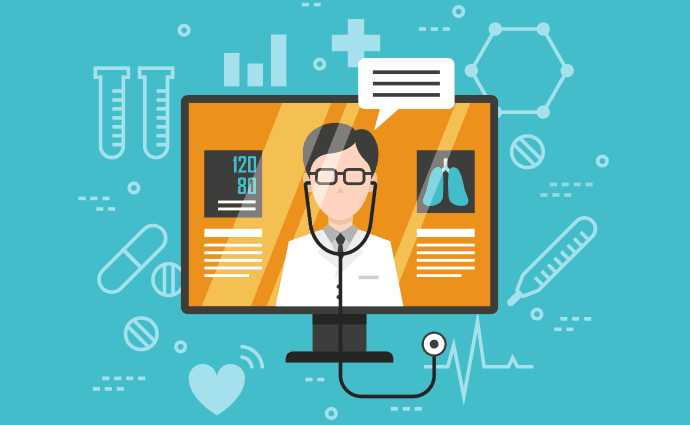By Ed Cladera, MD
Leveraging the critical role of primary care in improving mental health outcomes, telehealth and telepsychiatry services improve access to care, providing a clear avenue toward better mental health outcomes and ultimately creating a brighter future for a large portion of the population in need of treatment for mental illnesses.
Over the past few years, we’ve seen encouraging improvements in the realm of mental health care in the United States. Despite this, significant issues still remain and indicate that our patient population continues without the mental health care they require and need.
A shortage of mental health care providers needed to treat the 1 in 5 adults suffering from mental illness in the United States creates a troubling gap between demand for and the availability of specialty care. For example, nearly 6 in 10 Americans with a mental illness continue to receive no treatment or medication, according to the National Institute of Mental Health. Specific to the nearly 8 million children diagnosed with depression, anxiety, or attention deficit hyperactivity disorder (ADHD) in the U.S., roughly half receive no treatment.
Patients with mental health issues resort to seeking care within less than ideal settings
Due to access challenges, patients with mental health issues are increasingly turning to emergency departments in search of care. Hospitals struggle to recruit a sufficient supply of psychiatrists. This along with reimbursement rates being lower for patients with mental illnesses is driving hospitals to eliminate beds for such cases. Lack of access to psychiatric services and mental health resources stands out among all medical diagnoses. The result is long wait times not just for these patients, but reduced access to care for those with acute medical issues, which then leads to less than satisfactory overall outcomes.
The role of primary care and telehealth in accessing mental health services
In support of providing right time, right place, right provider mental health treatment, value-based care models have strongly emphasized the role of primary care. These organizations are uniquely positioned to promote innovation and efficiency in care models. Though well-positioned, primary care providers often lack the resources they need. Telehealth technologies such as eConsults and telepsychiatry services address factors that impact access to mental health care, allowing primary care to play a key role in proactively addressing mental health.
By improving primary care’s ability to manage patients, telehealth also addresses access issues caused by the referral system, in particular the high likelihood of mental health professionals being out-of-network for many patients. With eConsults and other telehealth and telepsychiatry services, PCPs can consult with qualified psychiatrists without requiring patients to make separate, expensive appointments. This increases access to necessary care for those patients for whom visiting an out-of-network therapist would be impossible or an undue burden. Telehealth services are being increasingly covered and reimbursed for physicians, increasing their rates of adoption and use at various PCP clinics.
A spotlight on eConsults
AristaMD’s eConsult platform connects PCPs with adult and pediatric psychiatry, addiction medicine, and behavioral health specialists to provide care-planning support and treatment recommendations. Through a sample examination, 91% of these eConsults concern medication regimen guidance, including initiation of treatments, diagnostic recommendations, and medication dosage adjustment—all of which can be managed within the primary care setting with the support of specialty insight.
The ability to receive these necessary mental health care treatments within the primary care setting positively impacts outcomes and financial bottom lines for payors and health systems alike by maximizing and leveraging health care resources. This frees queues for mental health providers to see higher-acuity patients in need of face-to-face appointments and provides lower-acuity patients necessary care within the comfort of their primary care office.
The role of telehealth technologies in improving mental health outcomes
Though precedence of mental health treatment has improved, innovative models and solutions must be explored and implemented if mental health parity is to become a reality.
Primary care offers a front-line solution to better manage right place, right provider, right time care. Improving access to resources available to PCPs is crucial to ensuring their success in improving access to mental health support. Telehealth technologies such as eConsults provide a clear avenue toward improving mental health outcomes, ultimately creating a brighter future for those in need of treatment for mental illnesses.
Ed Cladera, MD is AristaMD Medical Director.
The Editorial Team at Healthcare Business Today is made up of skilled healthcare writers and experts, led by our managing editor, Daniel Casciato, who has over 25 years of experience in healthcare writing. Since 1998, we have produced compelling and informative content for numerous publications, establishing ourselves as a trusted resource for health and wellness information. We offer readers access to fresh health, medicine, science, and technology developments and the latest in patient news, emphasizing how these developments affect our lives.








